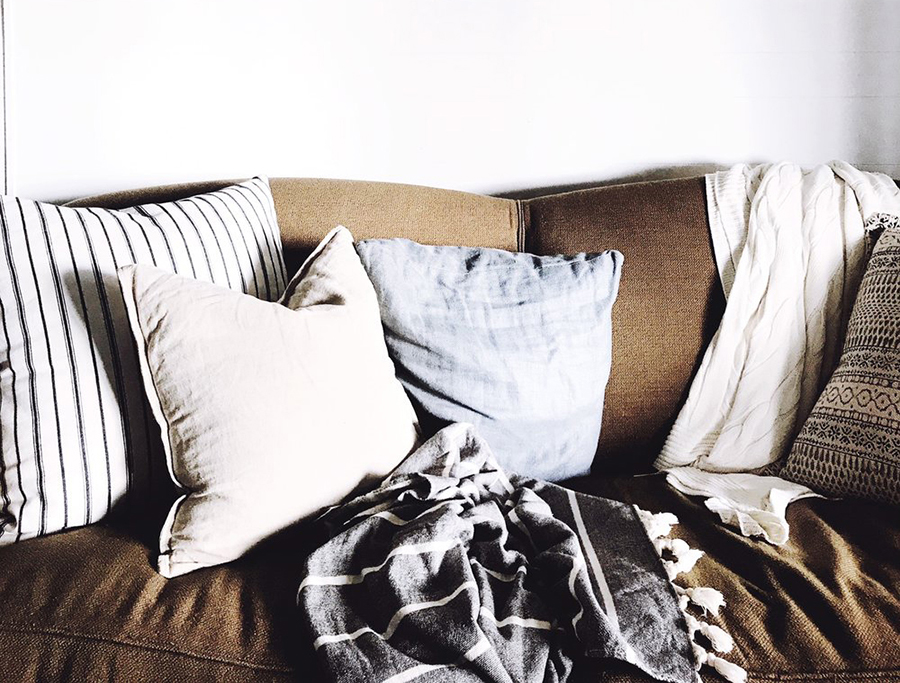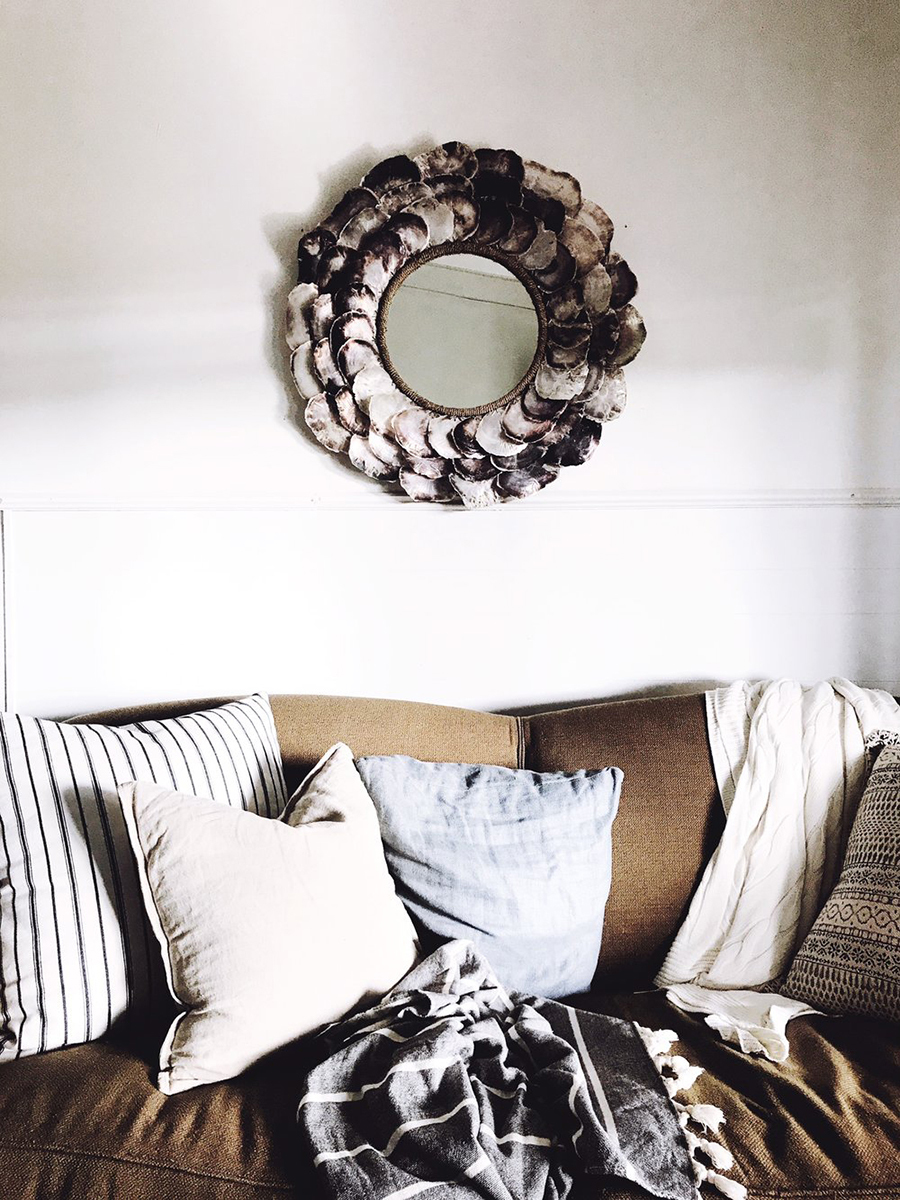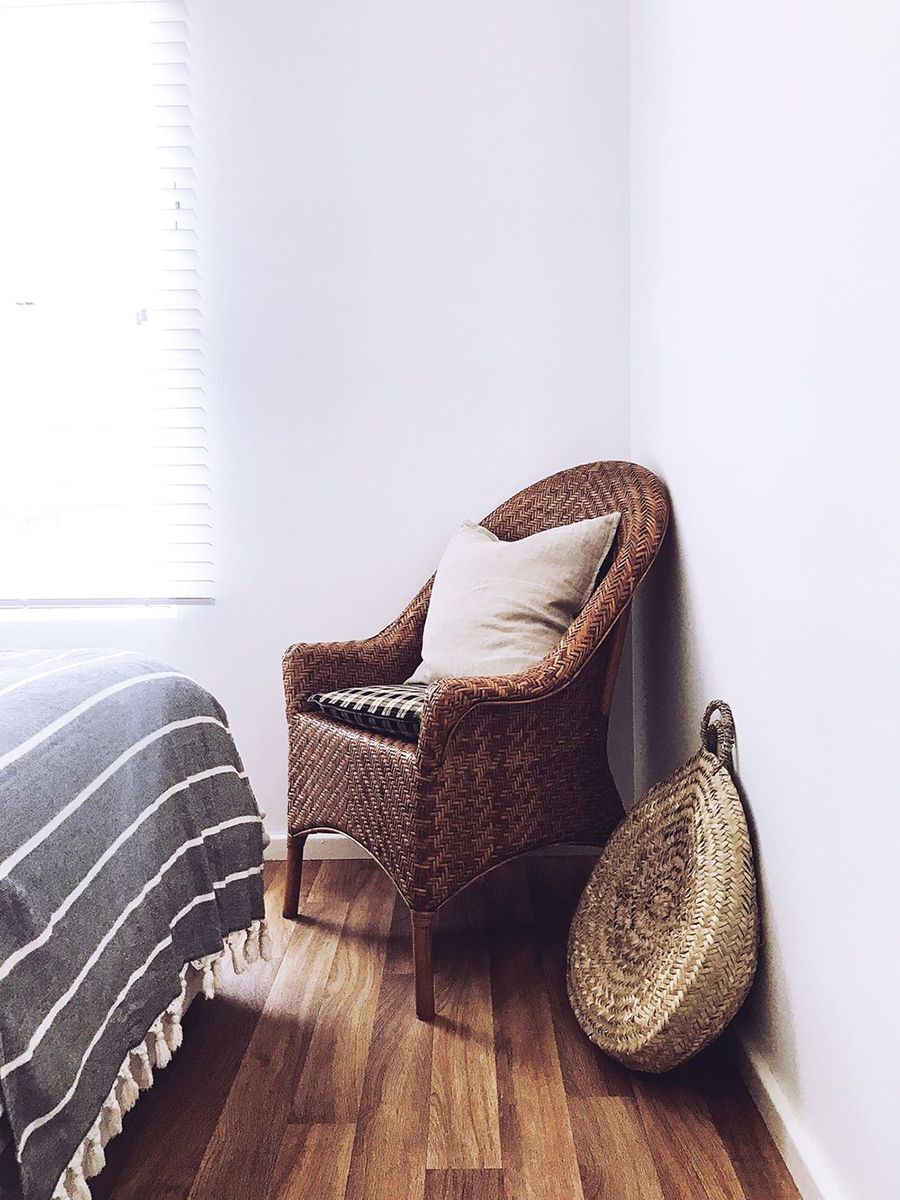
Author: Esperance Tide
Published: February 14, 2018

Airbnb-listed properties seem to be popping up all over Esperance lately. Whether it’s an investment property, a spare room, or a homeowner looking for someone to pay the rent while they’re on holiday, plenty of locals are jumping on the bandwagon. But there are some pitfalls to the Airbnb game, according to Heasman & Associates accountant Mark Murgatroyd. “As the popularity of accommodation-sourcing websites like Airbnb grows, it is important for property owners to be aware of the tax consequences,” he says. “The income you receive from your Airbnb rent will be taxable and claiming expenses against your Airbnb income gets a bit more tricky.” These are the tax tricks you need to know.

Cheap Airbnbs are awesome, but there are dangers in charging a low price. If at the end of the year your rental expenses exceed the rental income, you make a loss, and this can be claimed against your salary and other incomes. But if you’re not charging a commercial rate—ie. lower than what the rental market is doing—be aware that the ATO may dispute the claim, Murgatroyd says. “Make sure you charge a commercial rate, particularly if you are making a loss from your venture.”
It’s important to be conscious of how often your room is actually rented. Whether the room is available all year but only really occupied for a fraction of that time, or whether you only put it up for lease during summer, the rate of occupancy will impact your claims at tax time. “If you only rent out one or two rooms in your private residence for part of the year, you can only claim expenses for the portion of the year that the room was available to rent,” Murgatroyd says.

“Only direct expenses can be claimed in full,” Murgatroyd says. This includes advertising, Airbnb fees, cleaning and repairs. The rest of the expenses need to be appropriately apportioned. “If you and the renter have equal access to say, the lounge and kitchen, you can deduct 50 percent off the expenses for these areas,” he says. “For example, the furniture, TVs and kitchen items.” As far as internet and mobile use to deal with bookings goes, you need to accurately work out what percentage of the monthly bill relates to the Airbnb venture. Property expenses like rates, interest and utility bills must also be split into private and Airbnb components, usually on a floor-area basis and time used basis.
“No receipt means no claim,” Murgatroyd says. It’s critical to keep records of your income and expenses, including details of how you have apportioned various expenses. “The ATO has its eyes on those using Airbnb and similar platforms to make a few extra dollars, so best to make sure you get it right from the start.”